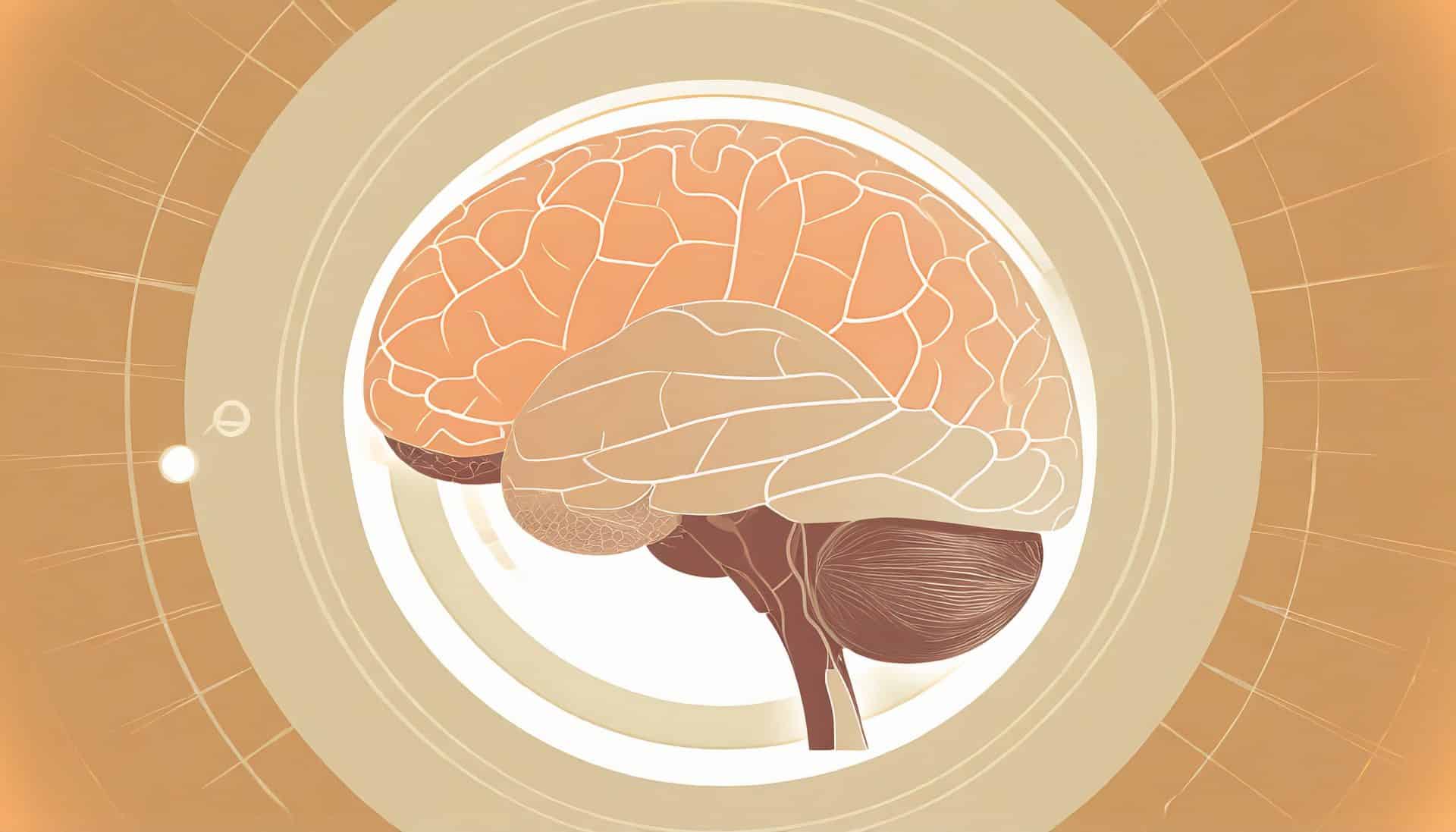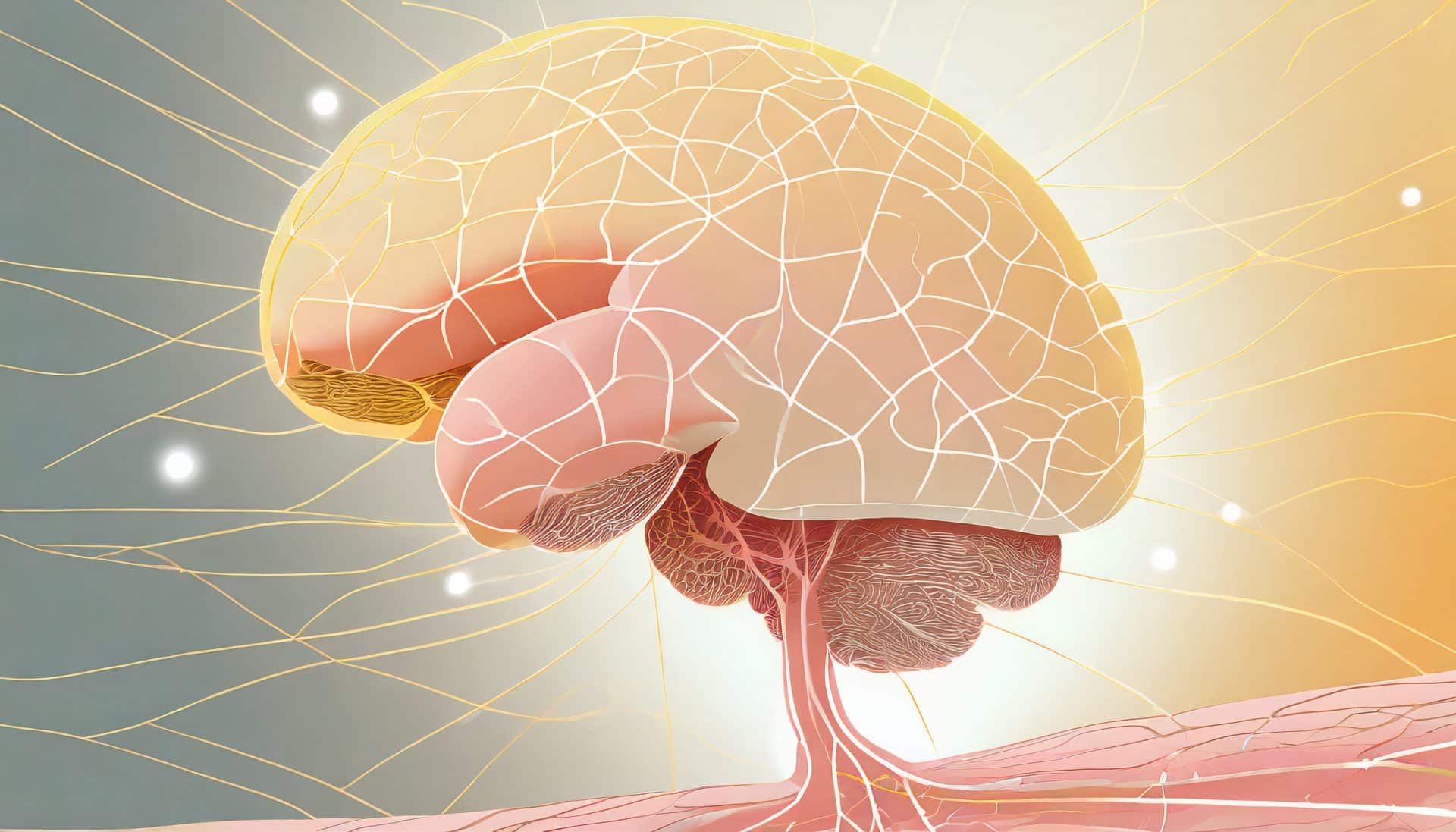- Tickling – a feeling that makes us wriggle, laugh, and sometimes even squirm. But ever wonder why you can’t create this sensation all by yourself?
- You may have noticed that if somebody pokes you, you’d feel it more intensely than if you did the poking. Interesting.
- Have you ever worn a wristwatch and, after a while, forgotten you’re even wearing it? That’s another example of your brain selectively filtering sensations.
So, why does all this occur? Essentially, it’s all due to your brain’s clever workings, selectively choosing what to respond to and what to filter out. Let’s take a closer look at this fascinating process.

The Mystery of Tickle: Why Can’t We Tickle Ourselves?
Have you ever noticed how you can’t seem to tickle yourself? As odd as it sounds, there’s a fascinating science behind this. Are you curious to know why? Well, it’s all about anticipation and the wonderful, complex workings of the human brain.
Consider this: when someone else reaches out to tickle you, you don’t know exactly where their fingers will land or how the tickle will feel. This surprise is a massive part of why tickling makes us giggle. However, when you try to tickle yourself, your brain already knows what will happen – it’s one step ahead!
The Role of the Brain’s Magic Filter
Your brain is brilliant and uses something like a ‘magic filter’ known medically as “sensory attenuation.” This means that your brain downplays or weakens specific signals it receives from your body. When you attempt to tickle yourself, your brain predicts the sensations you will feel and jumps in to reduce the ticklish feeling before you feel it. Pretty clever.

The Brain’s Filter: How Our Minds Choose What Sensations to Feel
Our brain, the supercomputer in our heads, doesn’t simply gather information from our senses. Instead, it performs a sensory selection, deciding what sensations to focus on and what to ignore. Now, doesn’t that sound interesting?
Take, for instance, the countless times when you’re so engrossed in a book or videogame that you don’t realise someone’s been calling your name. It’s not that you didn’t hear them; instead, your brain was so focused on your activity that it chose to ‘tune out’ the sound of your name being called.
The Sensory Selection at Work
Similarly, our brain chooses to filter out some touch sensations. Let me explain this using a familiar example. Try to focus and notice the clothes you’re wearing right now. Do you feel them? Initially, you most likely were unaware of them, but now that I’ve mentioned them, you can feel them against your skin. This is because your sense of touch was active. Instead, your brain chose to filter this sensation out because it was unimportant.
This mechanism is incredibly helpful in daily life. It allows us to focus on the important or different sensations and not be overwhelmed by the constant barrage of sensory information. Imagine if you were always conscious of all your clothes, the air on your skin, your feet on the ground, and every tiny sound around you. That would be exhausting, wouldn’t it?
Why Can’t You Tickle Yourself?
What does this have to do with being unable to tickle oneself? Well, the same filtering mechanism is responsible for that too. When you try to tickle yourself, your brain knows what’s coming. It prepares for the action because your hand is the source of the touch. Because of this, it filters out the tickle sensation, resulting in you not feeling ticklish when you tickle yourself.
But, when someone else tickles you, your brain doesn’t know precisely where or when it will happen, so it doesn’t filter out the sensation. This results in you feeling ticklish! Fascinating. Thus, our brain does not just capture and process our sensations; it actively controls what we feel and when.

More Amazing Ways Our Body Filters Out Sensations
Now, our brain does not stop at only filtering touch sensations. It’s also responsible for tuning out consistent sounds after a while (like the hum of a fridge or a fan) and even making us immune to persistent smells! Think about how you stop noticing the smell of your own home after a while, but it hits you as soon as you return from a holiday. That’s all your brain working its magic to preserve your attention for what truly matters!
Pretty impressive, eh? So, the next time you try to tickle yourself or get engrossed in a good book, remember the fantastic work your brain is doing!
The brain can filter out up to 99% of the sensory information it receives.
Tickle Tolerance: Why Some People Are More Ticklish Than Others
Have you ever wondered why some people laugh at the slightest touch while others can remain perfectly composed? This is all part of the intriguing puzzle of ticklishness! What determines how ticklish we are?
Genetics and Ticklishness
Believe it or not, whether you’re ticklish or not, it might be something you inherited from your parents! Just like the colour of your eyes or hair, how ticklish you are can be influenced by your genes. Different people can have different tickle tolerances, and that’s normal.
The Role of Nervous System in Ticklishness
Your body’s nervous system also plays a significant role. This complex network signals your brain about what’s happening on your skin. If the system is more sensitive, you might be more ticklish as the intensity of the ‘tickle’ signals could be higher!
- Sensitivity to Touch: Individuals with highly sensitive skin will likely feel a tickle more intensely.
- Sensory Processing: How your brain interprets these signals can also influence how ticklish you are, creating a variety of responses to tickling.

Psychological Factors Influencing Tickle Tolerance
But it’s not just physical – your mind matters, too. Your expectations, mood, and who is tickling you can also influence your tickle tolerance.
- Tickle Expectation: Your body might respond more dramatically if you anticipate being tickled. It’s as if your body is getting ready for the tickle before it even happens!
- Mood Impact: If you’re in a good mood, you’re likelier to laugh when tickled, as it’s often associated with joy and amusement.
- Trust Factor: Interestingly, if you trust the person who is tickling you, you may be more likely to feel ticklish! This is because tickling needs an element of surprise, and when we trust someone, we let our guard down.
Tickle tolerance is a fascinating aspect of our body, influenced by genetics, our nervous system, and psychological factors. It’s yet another example of the countless ways our bodies and minds work together to create unique experiences!

Tickling in Animals: Do Other Creatures Experience Ticklishness?
Yes, indeed! Humans aren’t the only ones who experience ticklish sensations. Eminent scientists have observed ticklish reactions in many of our animal friends – quite fascinating.
Rats Giggle, Too!
Surprisingly, rats are known for showing ticklish reactions. When tickled, these adorable creatures produce ultrasonic vocalisations or ‘rat laughter’ that is too high-pitched for human ears. However, these giggles can be picked up by special audio equipment. This is similar to how a baby coos and giggles when tickling them.
Our Primate Cousins and Their Ticklish Behaviour
Chimpanzees, gorillas, and orangutans, closely related to humans, also strongly respond to being tickled. They laugh, just like we do, showing that they enjoy tickling. Even bonobos, known for their playful and social nature, reveal signs of laughter when playfully tickled, reminding us of the evolutionary roots we share with our primate cousins.
Aquatic Tickling: Penguins and Dolphins
It’s not just our land-dwelling friends but also aquatic creatures like penguins and dolphins that exhibit sensitivity to tickling. Penguins often show a reaction to a human’s touch on their belly, while dolphins, attentive and playful creatures that they are, have been observed responding to tickles, resembling their playful antics in the water.
In conclusion, tickling isn’t just a human phenomenon. Animals, too, experience this unique sensation, reminding us of the wonder of the animal kingdom and its incredible array of sensory responses. So, whether it’s a rat’s giggle or a chimpanzee’s laughter, remember it’s their way of expressing ticklish joy!

Tickle Test: Fun Experiments to Understand Tickling
Ready for a mega-adventure to explore our super-smart brains? Ready, set, learn! This is the Tickle Test, our special science experiment that will help us understand why it’s almost impossible to tickle ourselves.
All you will need for this experiment is a feather or a soft paintbrush… and your hand! Remember to handle your tickle tools with care – we don’t want to tickle anything but our sense of curiosity!
Step 1: Try to Tickle Yourself
First, we’re going to try tickling ourselves. With your feather or soft paintbrush in hand, gently try to tickle the soles of your own feet. What do you feel? A distinct ticklish sensation or just a little tickle?
Step 2: Let Somebody Else Tickle You
For this next step, you’ll need a volunteer – a brother, a sister or a friend. Now, let them try to tickle the soles of your feet with the same feather or paintbrush. Did that feel more ticklish? This little experiment shows how different it is when someone else attempts to tickle us.
Step 3: The Blindfold Test
Now, let’s add an extra twist to our experiment. Blindfold your volunteer and then ask them to try tickling your foot again. However, this time, you will secretly move your foot away just before they start tickling. Did you still feel the tickling sensation? If your mind believed the tickle was coming, you might have felt a phantom tickle! Wild.
These fun little experiments offer a glimpse into the fantastic ways our brains work to manage sensations. Our brains are like a superhero, capable of many marvellous things. One of these superpowers is the ability to control and filter what we feel – including the plethora of tickles!
Remember, your super-smart brain is constantly working to ensure you experience the world in the best and safest way possible – whether filtering out self-tickles, tuning into a friend’s laughter, or preparing your body for a phantom tickle. So next time you can’t tickle yourself, don’t forget— thanks to your amazing, incredible brain!



